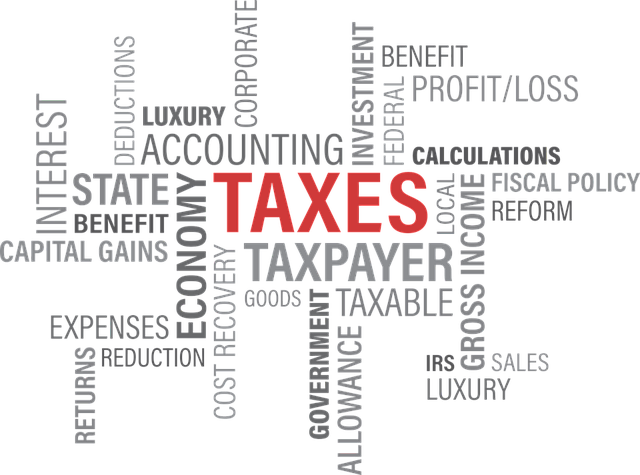
As the old saying goes, there are only two things certain in life, death and…
Yeah, you know the rest.
While it might be impossible to avoid taxes, there are most certainly ways that you can plan and increase your after-tax returns. We’re not talking about anything that’s illegal here either, or anything that would be deemed as borderline. Any reputable accountant, with Steve Pybrum being a prime example, will provide suggestions to clients on how to use the country’s tax code properly and effectively.
To give a better idea of what we mean, we’ll now go through some of the best ways to plan for the year-end.
Table of Contents
Be charitable
This can be one of those occasions where a tax expert really can come in handy as unsurprisingly, the IRS do watch charitable donations carefully and don’t take kindly to anyone trying to manipulate the law.
However, it’s still worth pointing out that charitable donations can form a very large part of a lot of successful tax returns. In truth, one could write a whole dissertation on these donations, but the only thing you need to know for the purpose of this article is that they can save you money if you do it correctly. Some sources have suggested that you can save about a quarter for every dollar donated – which of course can make all the difference.
Start to offset your gains against any losses
If you happen to own stocks, make sure you analyze them in plenty of time before the end of the tax year.
Now is the time to see which of these stocks have deprecated. Once you have picked these out, liquidate them so they can be used to offset gains.
It should probably go without saying at this point that you might not want to sell some stocks just because they have slightly depreciated this year. When it comes to investments of this type there are all sorts of other factors to be taken into consideration and a poor year might not merit a sale. However, if they are something which you have considered offloading in the past, the year-end might provide the perfect opportunity.
Look to the future
We’re now referring to retirement plans, and how you can use these to your advantage to reduce your taxes as well. They are a completely acceptable form of deduction, although we should point out that there might be exemptions here and the approach only tends to work for Traditional IRAs.
Research deductibles
You will have probably noticed something of a trend through this guide; we’ve mentioned deductibles a lot. They are the bread and butter of a good tax return and you should do all in your power to research exactly what you are allowed to claim for.
We’re by no means suggesting that you magic deductibles out of thin air – that’s only going to promote the chances of an investigation later down the line. However, there are lesser-known deductibles out there that might not stand out as being glaringly obvious. For example, it’s completely fine if you deduct depreciation of tools in your home office if it contributes to your income. Small things like this can make a difference in the overall return.